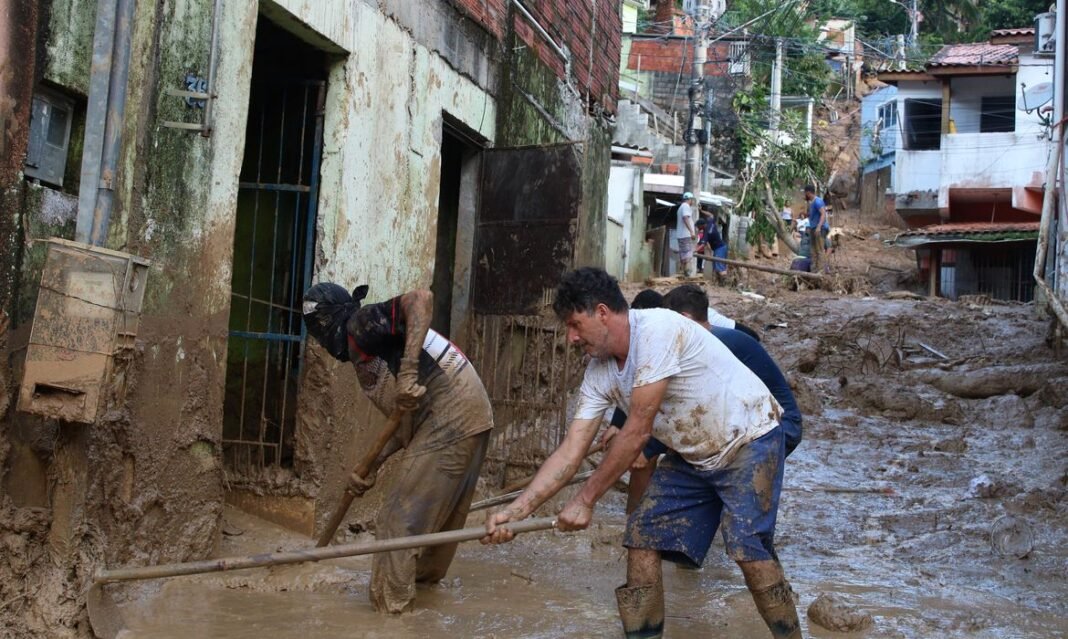The government launched a new natural disaster warning system on Wednesday (07/08), with more intrusive warnings that pop up on cell phone screens. Before being implemented nationwide, the system will be tested in 11 cities in the South and Southeast: Roca Sales (RS), Muçum (RS), Blumenau (SC), Gaspar (SC), Morretes (PR), União da Vitória (PR), São Sebastião (SP), Cachoeiro de Itapemirim (ES), Indianópolis (MG), Petrópolis (RJ) and Angra dos Reis (RJ).
This Content Is Only For Subscribers
To unlock this content, subscribe to INTERLIRA Reports.
By December
The superintendent of the National Telecommunications Agency (Anatel) Gustavo Borges said that the system should be operational by December in all states in the South and Southeast.
Alerts
The new alert system will issue alerts with sounds and messages in pop-up format on cell phones – which overlap the content displayed on the screen.
No Registration Required
To receive the warnings, the user does not need to register. You must have a compatible cell phone with 4G and 5G networks and coverage, and this message will reach you. In addition, SMS notifications, which require registration, will continue to exist.
Operated by Civil Defense
The system will be operated by Civil Defense, which will delimit an area in a risk situation and then emit the signal. Any cell phone compatible with the system and with coverage within this perimeter will receive the notification.
Analysis:
The Brazilian government’s new disaster warning system, set to deliver more intrusive alerts directly to cell phone screens, represents a significant enhancement in the country’s emergency response capabilities. This system will be fully operational in the South and Southeast areas by December, aiming to improve public safety in regions prone to natural disasters.
This system’s key feature is its ability to send pop-up alerts that override existing content on compatible 4G and 5G devices without requiring prior registration. The system ensures that any phone within a designated risk area receives these alerts, potentially improving response times during emergencies. This is a critical improvement over traditional SMS alerts, which require user registration.
As this system rolls out nationwide, it could set a new standard for disaster preparedness in Brazil. If effectively implemented, this tool could significantly enhance the country’s ability to respond to natural disasters and save lives.
Sources: G1.




